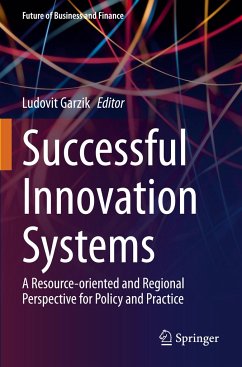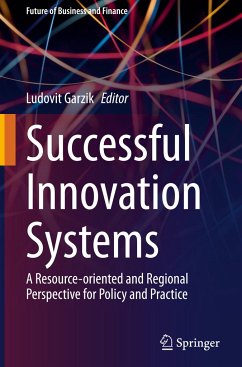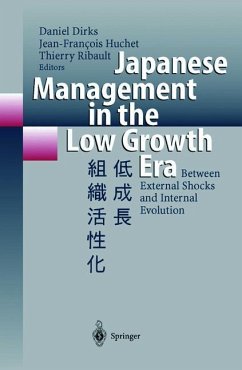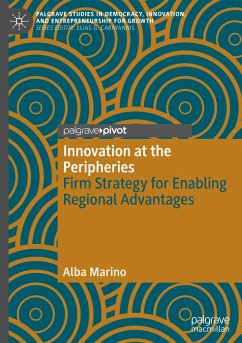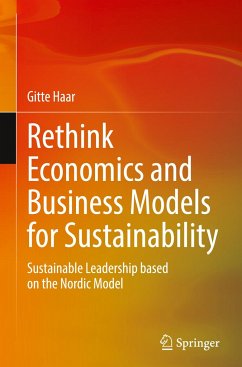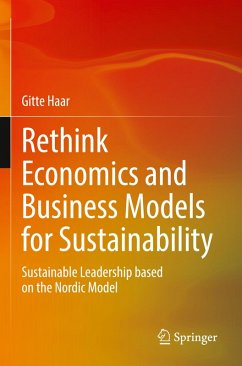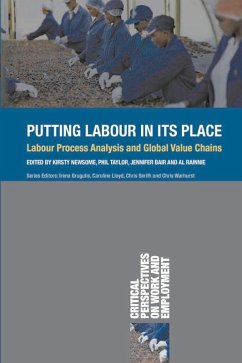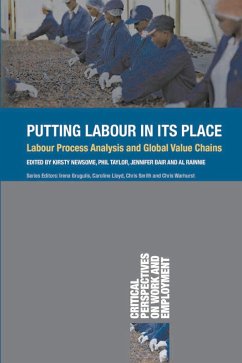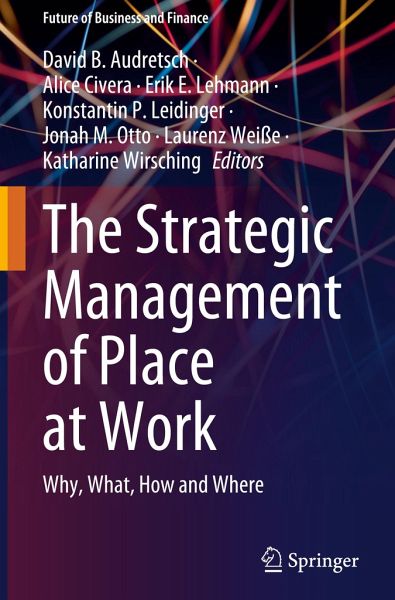
The Strategic Management of Place at Work
Why, What, How and Where
Herausgegeben: Audretsch, David B.; Civera, Alice; Lehmann, Erik E.; Leidinger, Konstantin P.; Otto, Jonah M.; Weiße, Laurenz; Wirsching, Katharine

PAYBACK Punkte
33 °P sammeln!
Global economic forces underpin political and social issues and have real impacts on the quality of life in local communities, cities, states and regions. In the face of potential volatility, leaders in every 'place' concern themselves with how they can ensure local economic resiliency for present and future generations. This book argues for the strategic management of places through intentional public policy that brings together stakeholders from the public, private and nonprofit sectors to create an inclusive and sustainable economic path forward. While many economists and political scientis...
Global economic forces underpin political and social issues and have real impacts on the quality of life in local communities, cities, states and regions. In the face of potential volatility, leaders in every 'place' concern themselves with how they can ensure local economic resiliency for present and future generations. This book argues for the strategic management of places through intentional public policy that brings together stakeholders from the public, private and nonprofit sectors to create an inclusive and sustainable economic path forward. While many economists and political scientists have proposed one-size-fits-all approaches, this book puts forward a more holistic approach, giving local leaders and policymakers the tools to take inventory of their local contexts and providing case study examples of how to craft public policies that create prosperous and sustainable economic conditions.




